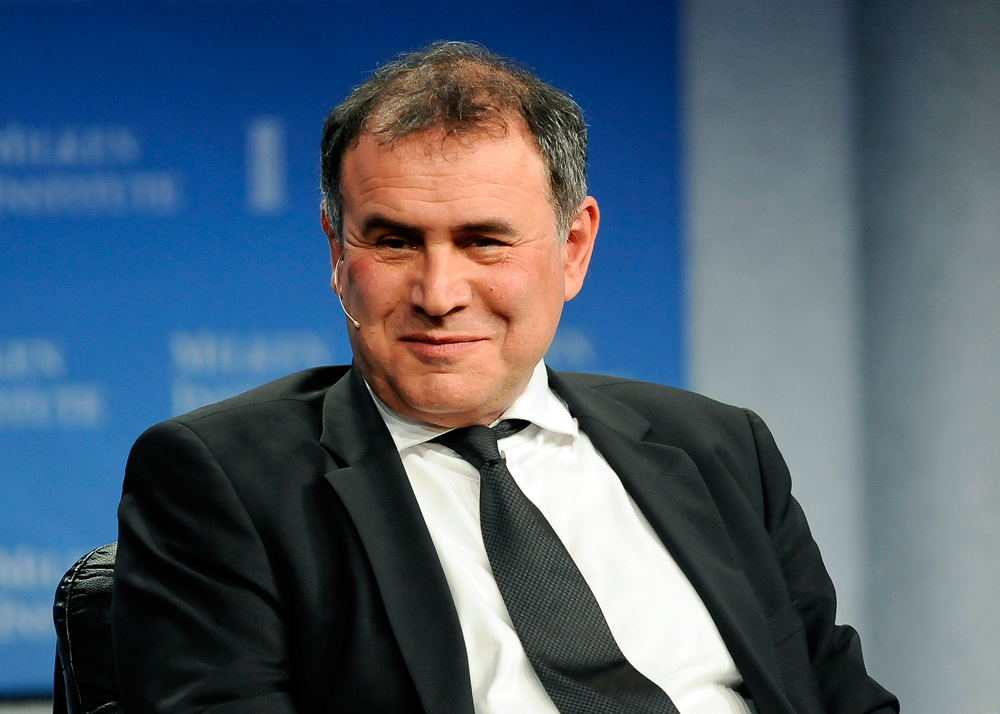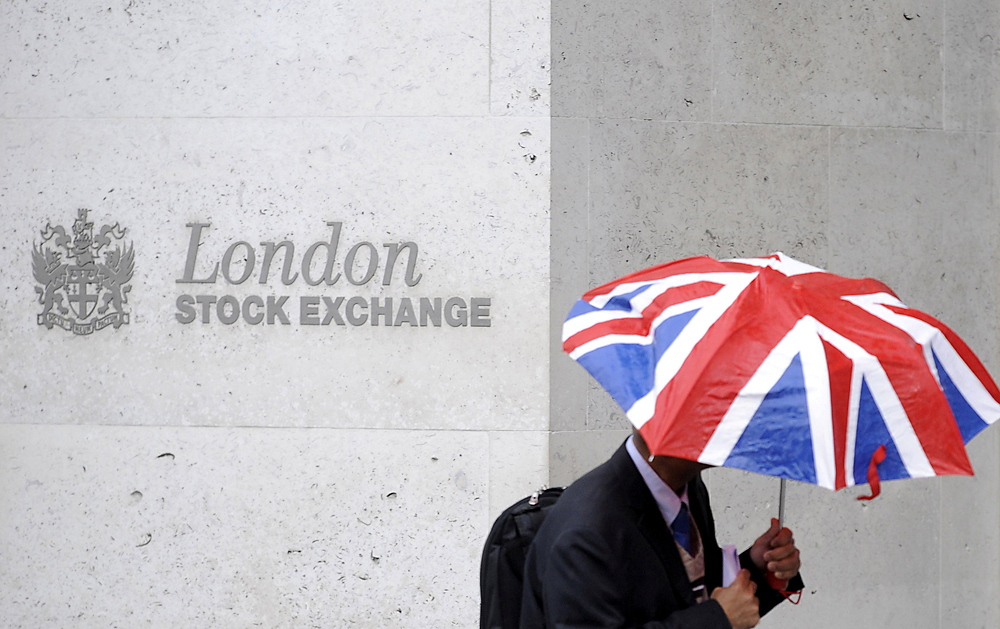Nouriel Roubini: Russia’s economy is more stable now

Nouriel Roubini, Chairman and Co-Founder, Roubini Global Economics
ReutersAmerican economist Nouriel Roubini, who predicted the 2008 global crisis and who heads his own consultancy, Roubini Global Economics, has delivered a lecture at the International Financial Congress in St. Petersburg looking at the main challenges facing the world economy.
Roubini began his lecture with a joke: “They say that when Gorbachev visited the USA he was asked to describe the state of the Russian economy and he replied with one word: ‘Good’. Western leaders asked him to elaborate, if only a little, to which he replied: ‘Not good’.”
According to Roubini, the global economy is in a similar state now: The good news for the world economy is that the 2008 financial crisis triggered a recession, which was followed by an economic upturn, he said, explaining that although the Chinese economy slowed down, there was no collapse, which made it possible to avoid a second global recession.
Brexit will lead to EU breakup
According to Roubini, Brexit remains a regional rather than a global shock. He said that it “cannot be compared” to the Lehman Brothers bankruptcy, which back in 2008 triggered a global collapse, pointing out that world markets’ reaction to the outcome of the UK referendum was moderate.
Although Brexit has already resulted in higher financial volatility and a weakening of the Japanese yen, its impact on assets in the U.S. and in emerging markets has so far been quite limited. However, further consequences may be far more serious: Brexit may trigger a domino effect.
Roubini is of the opinion that the UK’s bid to leave the EU may lead to a disintegration of forces in Europe, adding that the crisis may threaten the EU single market and result in the collapse of the Schengen Agreement.
In a scenario in which the UK’s departure from the EU leads to calls for independence from Scotland and Northern Ireland, Roubini believes that Catalonia will then want to break away from Spain, and even sees the potential for a Swedish and Danish exit: the Scandinavian pair may see Europe without the UK as the Eurozone and they do not want to be part of the Eurozone.
Furthermore, EU countries are fed up with the policy of austerity. According to Roubini, the worst affected by Brexit will be the British economy, which will see an economic slowdown and a drop in investment activity.
How will Russia adapt
Roubini was keen to point out that despite the existing structural problems in Russia, “the macroeconomic framework today is much less fragile, I would say is more stable, than it was a few years ago.”
For the past two years, the Russian economy has been affected not only by the Western sanctions and falling oil prices but also by the economic downturn in China, Roubini said. According to him, the Russian economy can reach a growth of 1-2 percent in the near future.
Unlike Saudi Arabia, which decided that the fall in oil prices is temporary and there was no point in changing anything, said Roubini, Russia has reacted “by realizing that this oil shock is a permanent shock rather than transitory.”
In particular, faced with falling oil prices, the Russian authorities changed their credit policy and focused on targeting inflation rather than economic growth. The main risks for Russia, according to Roubini, are a drop in disposable incomes and social instability.
At the same time, global risks for developing countries remain. Roubini pointed out that these days globalization benefits those countries that have highly-qualified specialists who are capable of producing technically complex goods. Countries with a low-qualified workforce are losing in the globalization race, he said.
At the same time, an ageing population in developed countries is pushing down investment and consumption, and slowing the world economy down. The population is growing older not only in the U.S. and Japan, but also in China and Russia, Roubini pointed out. And yet, he concluded, the existing global risks are not capable of leading the world into a new crisis.
Subscribe to get the hand picked best stories every week
All rights reserved by Rossiyskaya Gazeta.
Subscribe
to our newsletter!
Get the week's best stories straight to your inbox

